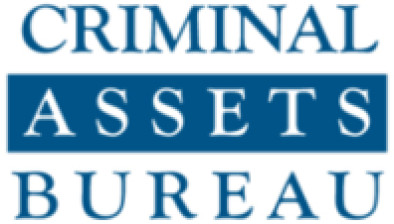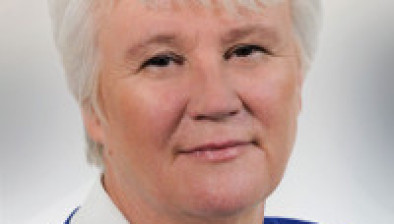Court of Appeal: Conviction quashed after trial judge failed to direct jury on inference evidence

The Court of Appeal has allowed an appeal against conviction for a man accused of an offence contrary to s.15 of the Misuse of Drugs Act 1977. The court held that the jury had not been properly charged in relation to the inference-drawing provisions of the Criminal Justice Act 1984 in circumstances where the accused remained silent during interview with gardaí.

About this case:
- Citation:[2021] IECA 261
- Judgment:
- Court:Court of Appeal
- Judge:Ms Justice Aileen Donnelly
The court held that the accused’s constitutional right to silence required that any adverse evidence drawn from his silence had to be strictly in accordance with the statutory provisions. The reliance by the prosecution on the inference evidence and the explanation given by the accused at trial for his silence were matters which required the direction of the trial judge.
Background
The accused had been in a car with another man when they were pulled over by gardaí. They initially complied with a search of the vehicle. However, after a moment the accused decided to flee from the scene. He managed to escape.
At trial, both gardaí gave evidence that they had seen him discard a package which was said to contain about $8,000 of cocaine. The accused was later arrested and interviewed. He remained silent during the interview. The interview was purported to be carried out under the inference provisions of the 1984 Act, where negative inference could be drawn from the failure to answer questions.
The accused gave evidence in his defence, claiming that he had panicked when he heard his friend shout “Run!”. He also gave evidence that the cocaine was not in his possession. In cross-examination, he claimed that he did not answer any questions in the interview because he had been advised of his constitutional right to silence.
The interview evidence was admitted despite the objection of the accused. Initially, the prosecution began taking a garda through his evidence of interviewing the accused without objection. However, in the absence of a jury, counsel later objected to the evidence on the basis that the accused was denying possession of the drugs and that no negative inference should be drawn for a failure to account.
The interview was referred to by the prosecution in their closing speech. No direction or guidance was provided by the judge’s charge about why the evidence was admitted in the case, although no requisition was raised by counsel for the accused either. Further, the issue as to the appropriate use by the jury of the reliance on the silence of the accused was never ruled on by the judge.
The accused was ultimately convicted of the offence and an appeal was brought. The failure of the trial judge to direct the jury on the inference-drawing provisions were raised for the first time on the appeal.
Court of Appeal
The court began by outlining the importance of the constitutional right to silence. The court referred to cases such as Heaney v. Ireland [1996] 1 I.R and The People (DPP) v. M [2018] 1 I.R. 810 and confirmed that the right to silence belonged in the “group of fair trial rights” protected by Article 38.1 of the Constitution.
It was held that the DPP v. M case was a “very powerful statement of the importance of the obligation on the court to protect the fair trial rights of an accused person by ensuring that no improper or unfair inferences are drawn or permitted to be drawn from a failure or refusal to answer when the statutory provisions are invoked”
The court also referred to later cases such as The People (DPP) v. A. McD [2016] 3 I.R. 123 where it was held that strict compliance with the 1984 Act is essential to inferences being drawn against an accused.
The court also considered the failure by the accused’s counsel to raise requisitions on the judge’s charge. The court stated that there was “a long line of authority decrying the raising on appeal of points not raised at the trial.” It was noted that, in The People (DPP) v. Cronin (No.2) [2006] 4 I.R. 329, an error or oversight of substance had to be demonstrated before a court would allow a new point to be raised on appeal.
Further, the court considered The People (DPP) v. Hussain [2014] IECCA 26, where there was “no real answer” for a failure to apply for a recharge. However, that court took the view that there was a real risk of injustice if the point could not be made. As such, the essential justice of the case required the court to step in where the jury may have been operating under a significant misapprehension.
In the present case, there was also no reason advanced as to why the requisition on the judge’s charge was not made by counsel. It was claimed that it was an error and not deliberate. The court agreed, noting that there was no tactical advantage arising from the non-requisition.
The court noted that the accused had given evidence in his defence, where he gave an explanation for why he did not answer any questions in interview. Accordingly, it was held: “The legal implications of the prosecution’s reliance on the silence and the appellant’s explanation were all matters that required direction by the trial judge so as to ensure that the jury understood clearly the purpose of the introduction into evidence of the silence of the appellant and the limits of their permitted reliance on that silence.”
It was held that there would be a real risk of injustice if the reliance on the accused’s right to silence in an interview was permitted to go to the jury without any direction from the trial judge on manner in which the jury should treat such evidence.
Conclusion
The court allowed the appeal against conviction and requested further submissions on the issue of a retrial.











